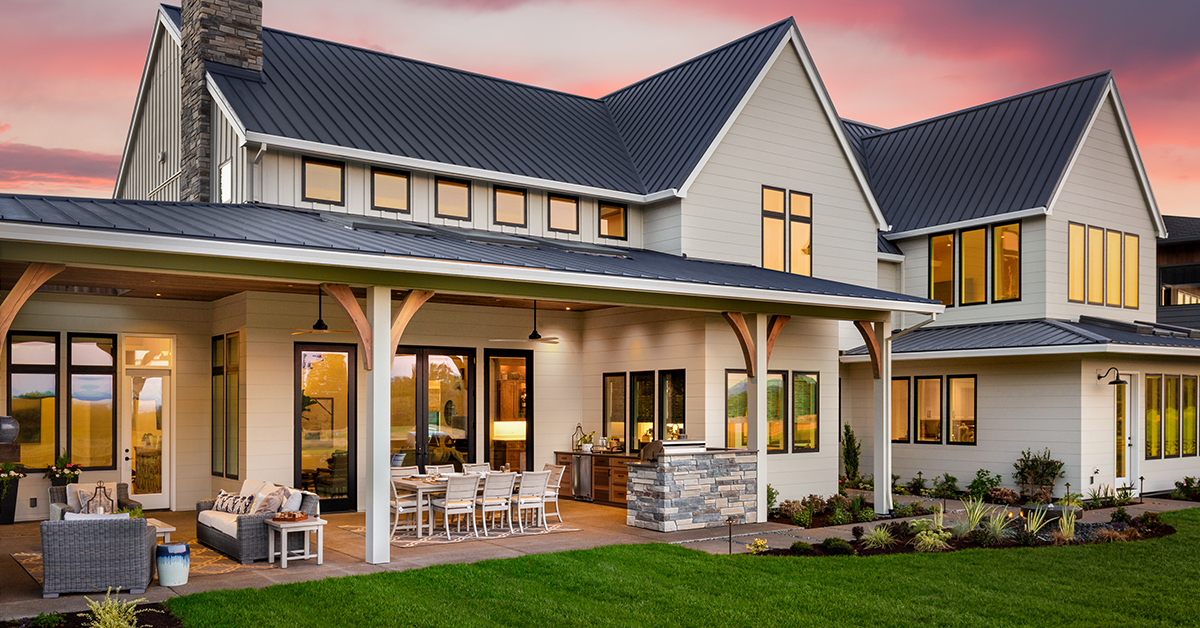It can be time-consuming and challenging to locate the ideal home to buy. There is a lengthy list of criteria that a property must meet to be the right one, but for some people, their choice may be based on a positive or negative impression of a property. The two are frequently combined. Once you’ve located the ideal home, you must then purchase it at the price you desire.
How to Look For A House
Consider the Location
Before beginning your search for a property, you should decide on the location because it cannot be changed. Do extensive research on both the places you are willing to rule out and the ones you are willing to consider. Think about your lifestyle and whether a particular location will suit it. Transportation systems, noise, the neighborhood’s reputation, and crime statistics are additional factors to consider.
Be Open-Minded
Not every home will be nicely staged and presented in order to sell. Try to ignore other people’s clutter, possessions, and unattractive basic decor. Once you purchase it, many of these factors are simple to change. Try to think of it as a blank canvas you can customize.
Have a Second Look
Visit the property once more with a different person to get a different perspective. Take a contractor with you if you want advice on the viability and cost of any changes you are considering making, or if there are things you would like to change about the house, such as decorating, altering the layout, installing new restrooms or kitchens, and such. A second opinion might reveal details you missed the first time around, and bringing in a contractor early on in the decision-making phase could help you avoid wasting time and money later on.
Do the Math
Make sure to do your math thoroughly if the home you’re considering needs work to make it suitable for you. Check to see if the house still fits within your spending limit after taking the purchase price and renovation expenses into account. To make sure you are in the right ballpark, you can also use an estimator to check housing costs in the neighborhood.
Have a List, But Be Willing to be Flexible
Sometimes a certain amount of accommodation is required. In a perfect world, you would look for a home that meets all of your requirements, but in practice, that isn’t always possible. Consider the aspects of the home that are advantageous to your desired way of life. Early on during the house-viewing process, decide which items on your list are essential and which ones you might be able to do without.
Be Patient
The decision to buy a home is probably one of the biggest ones you’ll ever make. Do not make a hasty choice, and do not buy the first house you come across! Even if it turns out to be the “right one,” make sure to compare it with other properties.
Pay the Right Amount
Make the Right Inquiries
To determine how much the owner is willing to accept, try to learn the owner’s motivation for selling the property as well as their personal situation. How long has it been on the market? What is covered by the price being asked? How many people are looking at the property? How much do comparable properties typically sell for? These questions will help you determine the right price for the house.
Make a Low Offer First
Start by making an offer that is at least 5% to 10% less than the asking price. If you are up against another offer or are aware that another offer for that amount has already been made, do not offer the asking price or more.
Review the Market’s Temperature and Days on Market
Market conditions can be hot, cold, or neutral. You might want to make offers that are equal to or greater than the asking price in a competitive market. In a slow market, a seller might accept a tempting offer. In a seller’s market, in which there are more buyers than homes available, sellers are more likely to receive their asking price. Multiple offers may be made to sellers in some circumstances, leading to a price that is higher than the asking price. Prices are soft, though, in a buyer’s market where there are more available homes than there are buyers. As a result, you have room to glance at slightly more expensive properties because the majority of sellers are willing to negotiate with you.
The Bottom Line
Finding the right house for the right price can be a daunting task, but with a bit of research and patience, you can find the perfect home for you and your family. It’s important to set a budget, consider all the factors that go into a house purchase, and to consult with a qualified local expert. With the right information and resources, you can make the right decision and find your perfect home.
What To Do:
Did you find this read interesting? Need expert and white glove advice? Get in touch for local and professional real estate advice in your neighborhood. Fill in the form above to speak with a real estate professional that specializes in this topic and more!
